A growing ecosystem
During the last few years, we have witnessed public and private organisations promoting several measures and initiatives in Latin America geared towards enhancing the venture capital ecosystem, Chile being one of the main forerunners, enabling the number of startups and investments in these types of companies to increase significantly. Indeed, the Chilean Economic Development Agency (Corporación de Fomento de la Producción de Chile or CORFO) has implemented different measures to help startups secure funding, mainly through programmes such as Start-Up Chile and ScaleX. On the other hand, the legal framework underpinning the venture capital ecosystem has also had some important advances through the enactment of Chile’s new Fintech Law in January 2023, which promotes financial innovation and greater competition in the financial system.
It is expected that new measures will continue to be launched in the coming months, considering the success that venture capital has had in the country.
Venture Capital Chile
To date, numerous investors have invested in Chile, either directly in startups or indirectly through venture capital funds. However, we have seen a trend with investors being mainly local, limiting, on the one hand, the amounts that can be raised and, on the other hand, all the positive externalities that the presence of foreign investors can generate in the local startup ecosystem. As a result, today those startups that need to pursue higher financing tickets and wish to include foreign investors in their capitalisation tables have expressed the need to seek funds abroad, mainly through a ‘flip’ to Delaware in the United States or the Cayman Islands (using the ‘Cayman–Delaware Sandwich’, the nickname given to the corporate structure made up of three layers: a Cayman holding company, a Delaware limited liability company (LLC) intermediary and LATAM operating companies), places where international investors feel safe to invest.
In view of the foregoing, and looking for a solution to this problem, CORFO has launched a new initiative called ‘Venture Capital Chile’ to attract international investors in Chilean private investment funds and venture capital managers, and to complement national investment, which is already increasing. Towards this end, CORFO will seek to enhance relations and alliances with the main actors of the Chilean venture capital ecosystem, such as the Chilean Association of Venture Capital (Asociación Chilena de Venture Capital or ACVC), the Chilean Association of Investment Funds (Asociación Chilena de Fondos de Inversión or ACAFI) and InvestChile (a government agency responsible for promoting Chile in the global market as a destination for foreign direct investment), so that together they can implement an action plan to position Chile as an attractive place for this type of investment. Consequently, the participation of new international players in the Chilean ecosystem will allow venture capital funds to increase their fundraising and facilitate the growth of startups, avoiding the need to internationalise their companies in order to seek more funding. The entry of international investors has a strategic component as well, allowing them to contribute their knowledge, network and experience, which will boost the development of both the start-ups and venture capital funds themselves.
Conclusion
The implementation of this measure is a good start to diversify the type and nationality of venture capital investors in Chile and, thereby, along with other measures already implemented, continue to promote Chile throughout the world as a hub for early-stage companies. We hope that this measure will contribute to increasing the number of venture capital funds in Chile and, in addition to this, eventually entice investment funds with more diversified investment theses, different from those traditionally seen in Chile, as well as promoting the development of startups operating in new and different markets.









